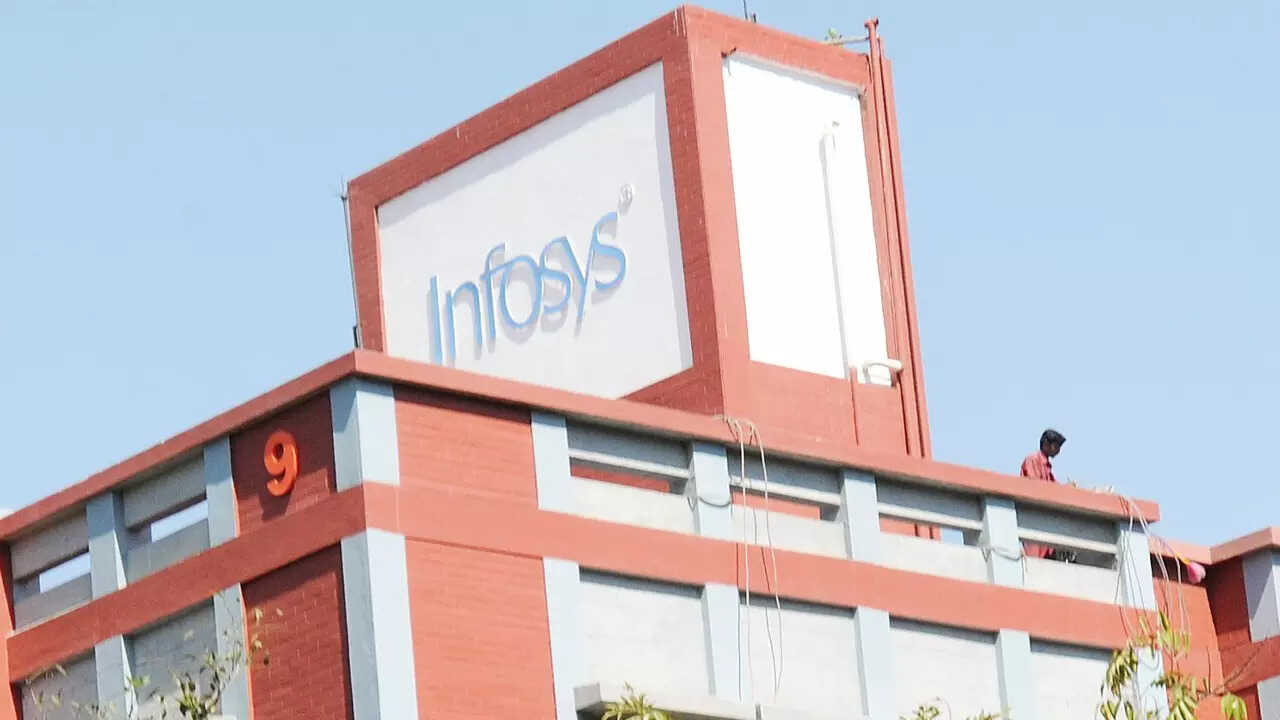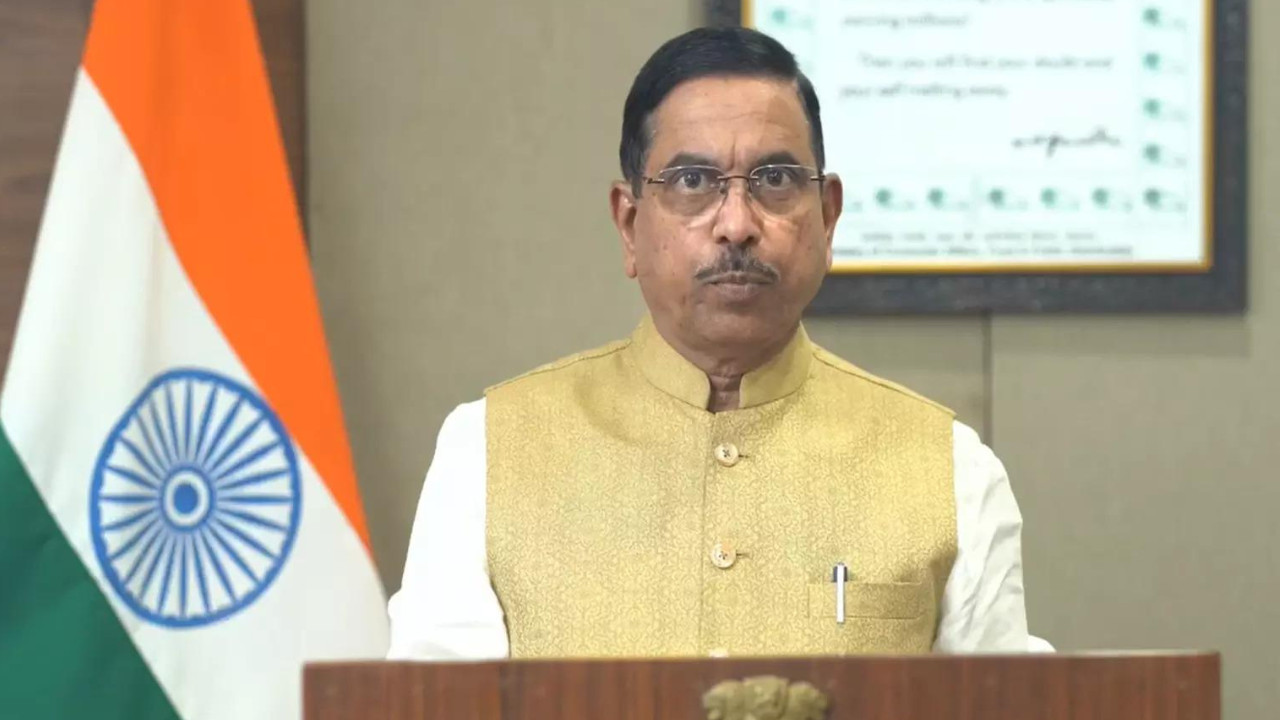The DGGI has issued a notice to Infosys for allegedly claiming ₹414.88 crore in improper ITC refunds for services exported between 2018-19 and 2023-24. The investigation suggests the IT giant included services from foreign branches and subcontractors in its zero-rated export turnover, leading to excessive refund claims.
Infosys Under Scrutiny: A Whopping ₹415 Crore Question Mark Over ITC Refunds
The world of corporate finance can sometimes resemble a high-stakes poker game, where every move is scrutinized and even slight missteps can trigger significant consequences. Lately, the spotlight has been shining intensely on Infosys, one of India’s IT behemoths, as the Directorate General of Goods and Services Tax Intelligence (DGGI) has issued a showcase notice demanding an explanation for allegedly ineligible Input Tax Credit (ITC) refunds amounting to a staggering ₹415 crore.
What exactly does this mean, and how did Infosys, a company synonymous with precision and technological prowess, find itself in this predicament? Let’s delve into the complexities.
Understanding the Core Issue: What’s ITC All About?
Before diving into the specifics of the case, it’s crucial to understand the underlying principle of ITC. In essence, ITC allows businesses to claim credit for the Goods and Services Tax (GST) they’ve already paid on their inputs – the raw materials, services, and other resources they use to produce their final goods or services. Think of it as avoiding double taxation; businesses shouldn’t be taxed on the same value twice. However, the rules governing ITC are intricate, with specific conditions and restrictions that dictate eligibility. Navigating this regulatory landscape can be a real challenge, even for seasoned finance professionals.
The DGGI’s Concerns: A Closer Look at the Allegations
The DGGI’s notice raises serious questions about whether Infosys correctly availed itself of ITC refunds. The core allegation is that the company may have claimed refunds on inputs that weren’t directly linked to its output services, potentially violating the established ITC rules. The specifics of the inputs under scrutiny haven’t been fully disclosed, but they likely relate to goods or services purchased by Infosys and used within its operations.

The key point here is eligibility. The ITC framework is designed to prevent businesses from claiming credit for taxes paid on inputs that are unrelated to their final output. If the DGGI’s investigation reveals that Infosys did indeed claim refunds on ineligible inputs, it could face penalties, interest charges, and the obligation to repay the wrongfully claimed amount.
The Potential Impact: More Than Just a Monetary Issue
While the ₹415 crore figure is undoubtedly substantial, the potential ramifications extend beyond the monetary aspect. A finding against Infosys could tarnish its reputation, potentially impacting investor confidence and its standing within the industry. Such scrutiny also leads to increased compliance costs as the company will likely need to invest even more heavily in its internal tax processes and controls.
Furthermore, this case serves as a cautionary tale for other businesses operating within the Indian GST regime. It underscores the importance of meticulous record-keeping, a deep understanding of ITC regulations, and robust internal controls to ensure compliance. Given the complexity of the GST system, businesses need to prioritize accurate ITC calculations and diligently document the link between inputs and outputs. Could software solutions like the ones Infosys provides help other businesses in managing their tax obligations? (See our guide on [streamlining business operations with technology](/business-technology-solutions)).
Infosys’s Response: What We Know So Far
As of now, Infosys has acknowledged receiving the showcase notice and has stated that it is reviewing the matter internally. The company has assured stakeholders that it is cooperating fully with the DGGI’s investigation and will provide a comprehensive response to the notice. It’s crucial to remember that a showcase notice is just that – a notice requiring an explanation. It doesn’t necessarily imply guilt. Infosys has the opportunity to present its case and demonstrate that its ITC claims were indeed legitimate.
Looking Ahead: A Waiting Game
The outcome of this investigation remains uncertain. It will depend heavily on the evidence presented by both the DGGI and Infosys. The DGGI will need to demonstrate convincingly that the company claimed ITC on ineligible inputs, while Infosys will need to provide documentation and justifications supporting its claims. This process could take several months, or even years, to resolve fully. The financial world waits with bated breath.
The Bigger Picture: Ensuring GST Compliance
This situation highlights the ongoing challenges associated with GST implementation in India. While the GST was intended to simplify the tax system, its complexity and the constant evolution of its rules can create confusion and compliance burdens for businesses of all sizes. Clearer guidelines, better training programs, and more accessible resources are needed to ensure that businesses can navigate the GST landscape effectively and avoid inadvertent errors. After all, compliant businesses help keep the economy running smoothly, and fair ITC refunds are an essential element of that system.







